By TERESA KRAMARZ & KOUROSH HOUSHMAND | February 3, 2017
Universities everywhere are branding themselves as places for students to be bold and fearless; places to change the world. Students will graduate and enter a dynamic world that requires creativity, resilience and action to curb climate change, contain pandemics, eradicate poverty and prevent violent conflicts.
However, the key indicator of academic success in university remains a high grade-point average. This is the marker that professors, graduate schools and hiring managers use to gauge the general quality of their applicants. With so much at stake, we can hardly blame students for perceiving that the material rewards for audacity are not immediately discernible.
There is an unsettling gap between our pedagogical goals and the structural rewards of university. Students fear that taking chances in an assignment might mean a lower grade. Taking a class outside their main discipline might prove a stretch and lower their GPA. This produces risk-averse behaviour rather than bold, fearless action. We need opportunities to better align the learning goals we say we aspire to teach and the learning outcomes we get.
In the last five years, universities across North America have created academic incubators designed to provide room for bold, change-making ventures. They provide physical spaces to students to collaborate, often mentored by business faculty and with strategic connections to industry partners. This is a step forward. The main goal of these academic incubators, however, is to help students commercialize their ideas. The marker of success is a product that takes off in the marketplace.
If we look at the theoretical foundation of incubators, their goals are actually much broader and fall in line with the pedagogical purposes universities espouse: to co-create knowledge, enable experimentation, monitor progress and create linkages to a broader environment for action. What if we reimagined incubation as a pedagogy that emphasizes a process of teaching and learning rather than a setting where we bet on market winners?
In the Munk One program at the University of Toronto, we have put this idea into action. In classes, labs and a summer academy, first-year undergraduate students are challenged to develop solutions to persistent global problems like unethical labour in the fashion industry of Bangladesh, the mistreatment of migrant construction workers in Qatar, or post-traumatic stress disorder in Syrian refugee camps.
Here, incubation becomes a method to develop a mindset for engaging with the world. Students identify how global problems are arranged and nested; that innovative solutions are often achieved through combinations of existing ideas; and that addressing a problem requires attending to differing perspectives, paces and preferences of actors in the global system.
Students develop initiatives, apps, non-profit organizations and start-ups. Munk One alumna Natalie Boychuk founded an “ethical wear” company called Clari-tee. She never imagined herself becoming an entrepreneur, especially as a second-year undergraduate student. She grew to appreciate, however, that entrepreneurship is not a job but a way of thinking. Unlike a regular incubator, we did not start by betting on the success of her venture. In a regular incubator, her participation would have depended on demonstrating a successful idea.
Our point of departure is to bet on students’ personal development and not on the commercial success of their solutions. The most important learning outcomes we aim for are the audacity to tackle daunting problems and a methodology for decision-making. These have helped our students reimagine their undergraduate education and how they can transform the world. They are not easy to capture using GPA as a metric of success.
In many ways, incubation has become a cliché – and it is not alone. “Innovation,” “ideation” and “iteration” likewise exemplify the disease of buzzwords in the field. However, we see an opportunity to breathe new life and richer content into the growing number of university incubators. Though many have attempted to create opportunities for new ventures to tackle social or business problems, there has been little integration with curricula and broader learning goals.
Here lies the opportunity: incubation as a tool to develop student outlooks rather than promising ventures. Traditional incubators obsess over funding promising ideas and don’t treat the process itself as a powerful pedagogical practice. Academic institutions remain relevant precisely because they have the luxury, if not the mandate, to invest in students’ growth, not in their ventures.
Kourosh Houshmand is a freelance journalist, student and board member at the Ontario Institute for Studies in Education of the University of Toronto. Teresa Kramarz is an assistant professor in the Munk School of Global Affairs and director of Munk One, a global affairs program for first-year students at U of T.
Article originally published in Unievrsity Affairs Magazine

